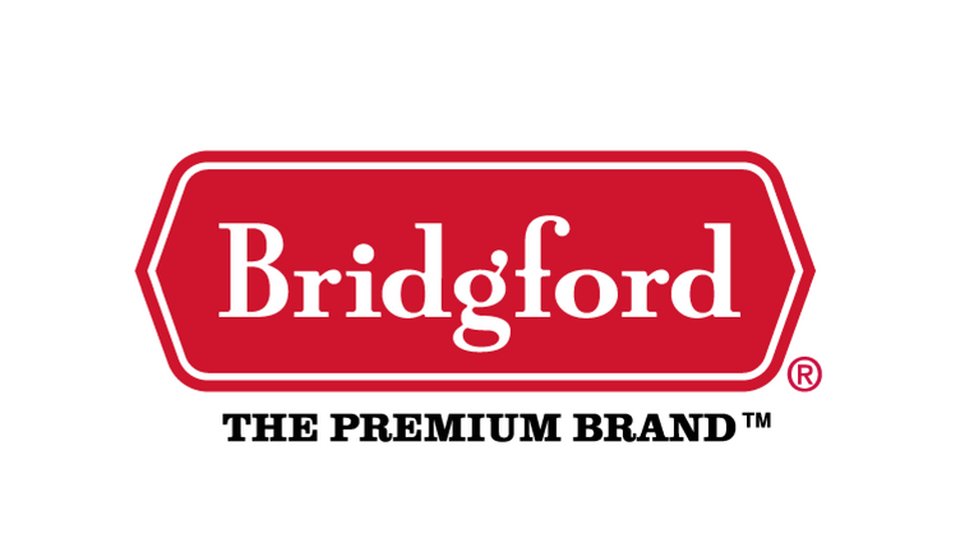Foodservice
COVID-19 clips Bridgford Foods Q3 sales, income gains

August 25, 2020
Bridgford Foods, a manufacturer and distributor of frozen, refrigerated and snack foods, took a 2.7% revenue hit caused by COVID-19 production delays in the third quarter, according to a 10-Q report. Revenue for the third quarter ending July 10 fell by $1.17 million to $41.66 million from $42.83 million in last year's third quarter.
The company's net income rose by 183.53% to $3.13 million from $1.1 million last year, however. Basic earnings per share for the quarter were 35 cents compared to 12 cents last year.
The company's stock price was $17.54 on Aug. 24, having fallen from above the $35 mark early in the year.
The company experienced temporary idling of production facilities to ensure team member safety, which resulted in lower production levels and higher production costs. This situation is expected to continue at least for the short term until the effects of the pandemic diminish.
Both company business segments — frozen food and snack food — experienced a shift in demand from foodservice to retail. In the frozen food segment, the volume increases in retail were not sufficient enough to offset the losses in foodservice and as a result, the company expects less volume for the remainder of fiscal 2020 in this segment.
The snack food products segment experienced significant volume increases in the short-term.
Net sales in the frozen food segment decreased by $3.13 (27.8%) from $11.27 million to $8,14 in the third quarter compared to the same period in fiscal 2019.
Net sales in the snack food segment, however, rose by 6.2% from $31.56 million last year to $33.51 million in this year's third quarter.
The sales drop in the frozen food segment was primarily driven by a significant decrease in volume for shelf-stable sandwiches to institutional customers, partially offset by an increase in selling prices implemented in the first quarter of fiscal 2019.
Other institutional frozen food product sales, including sheet dough and rolls, decreased 46% by volume while retail sales volume increased 88%.
Demand has shifted from foodservice to retail sales channels as schools and in-dining restaurants have closed across the country in response to the COVID-19 pandemic.
The company expects to remain profitable for the remainder of fiscal 2020 on a consolidated basis, although the combination of operational challenges and volume impacts are expected to negatively impact overall earnings.
For an update on how the coronavirus pandemic is affecting convenience services, click here.
 ChatGPT
ChatGPT Grok
Grok Perplexity
Perplexity Claude
Claude






